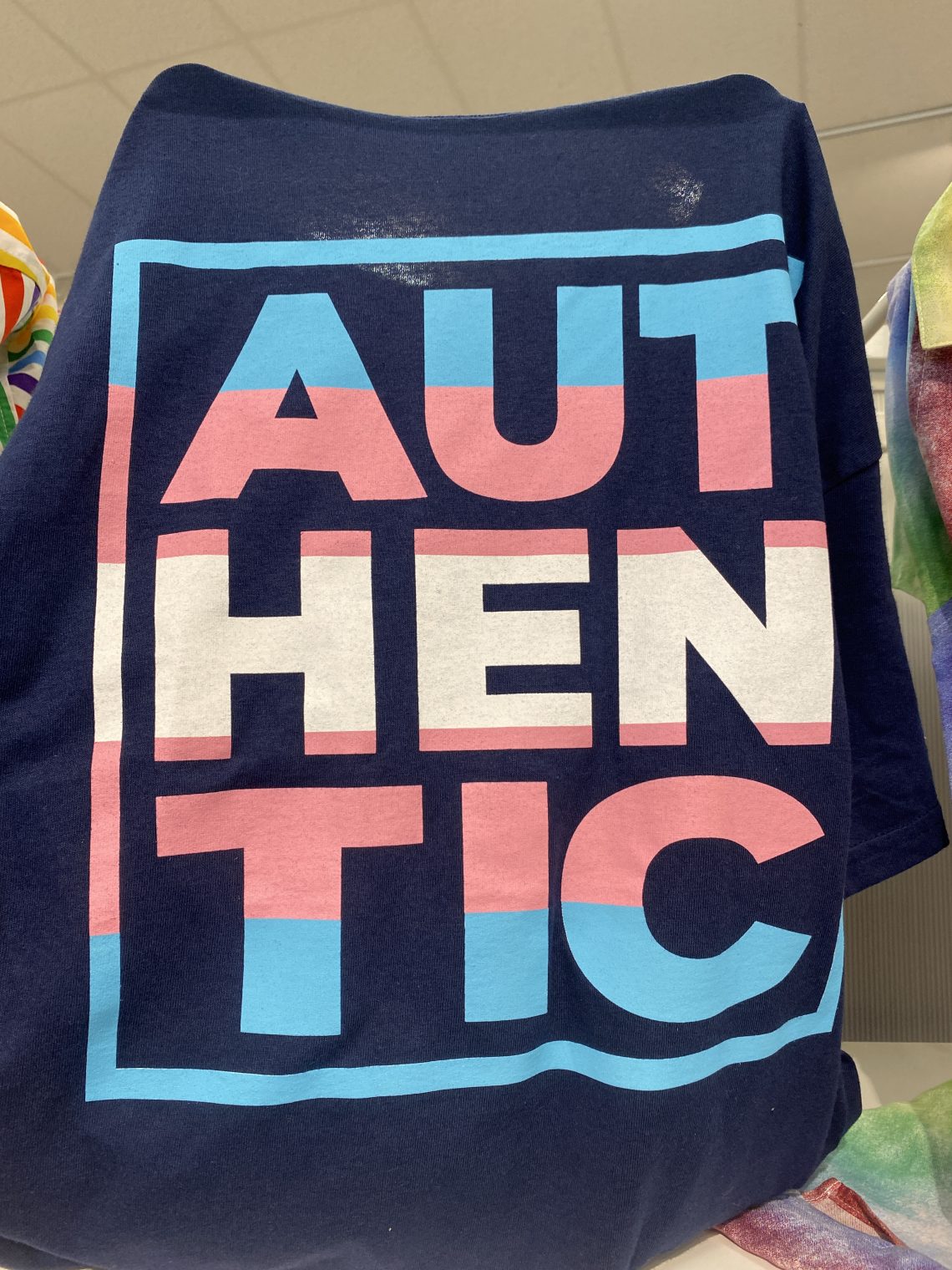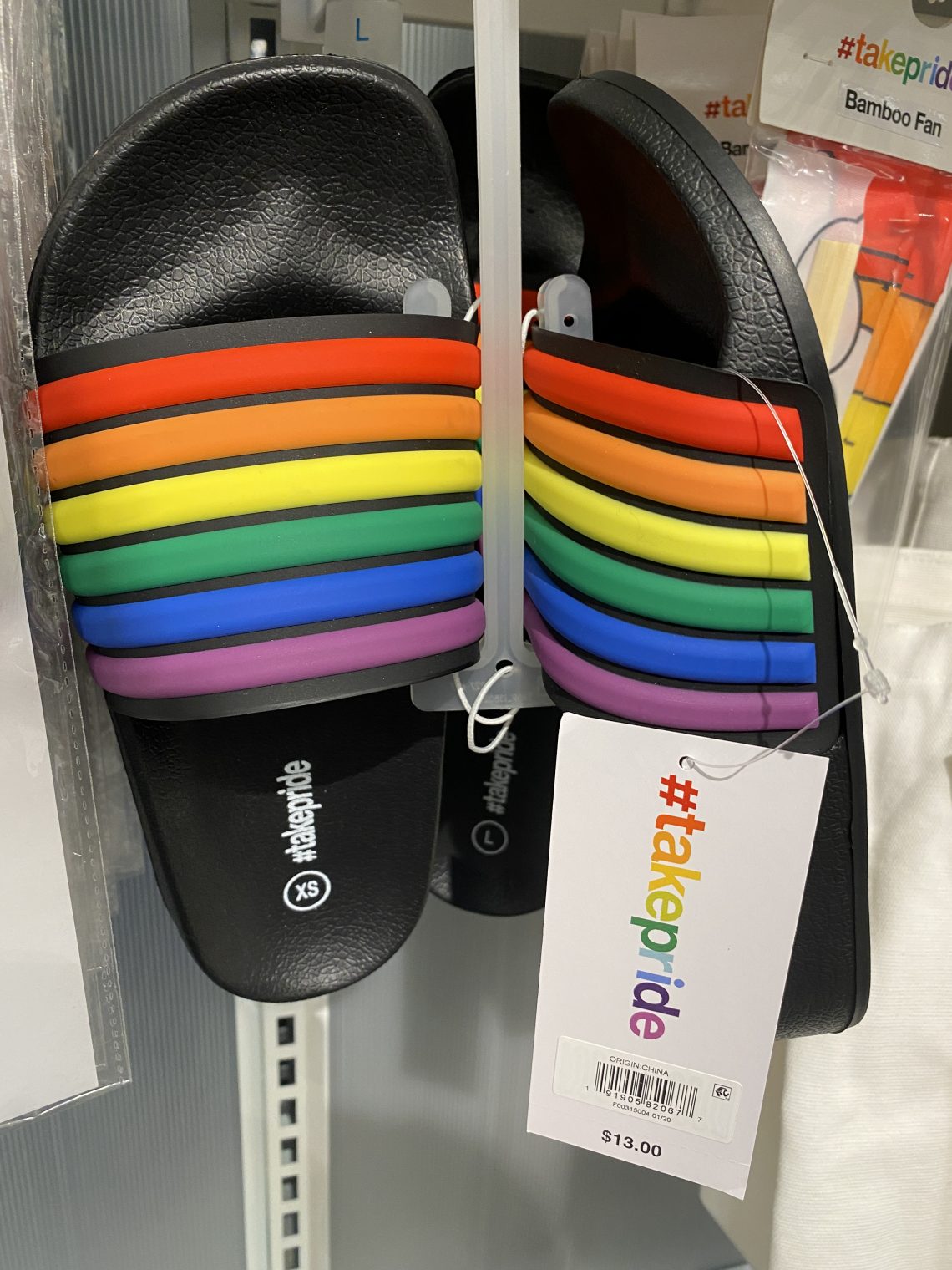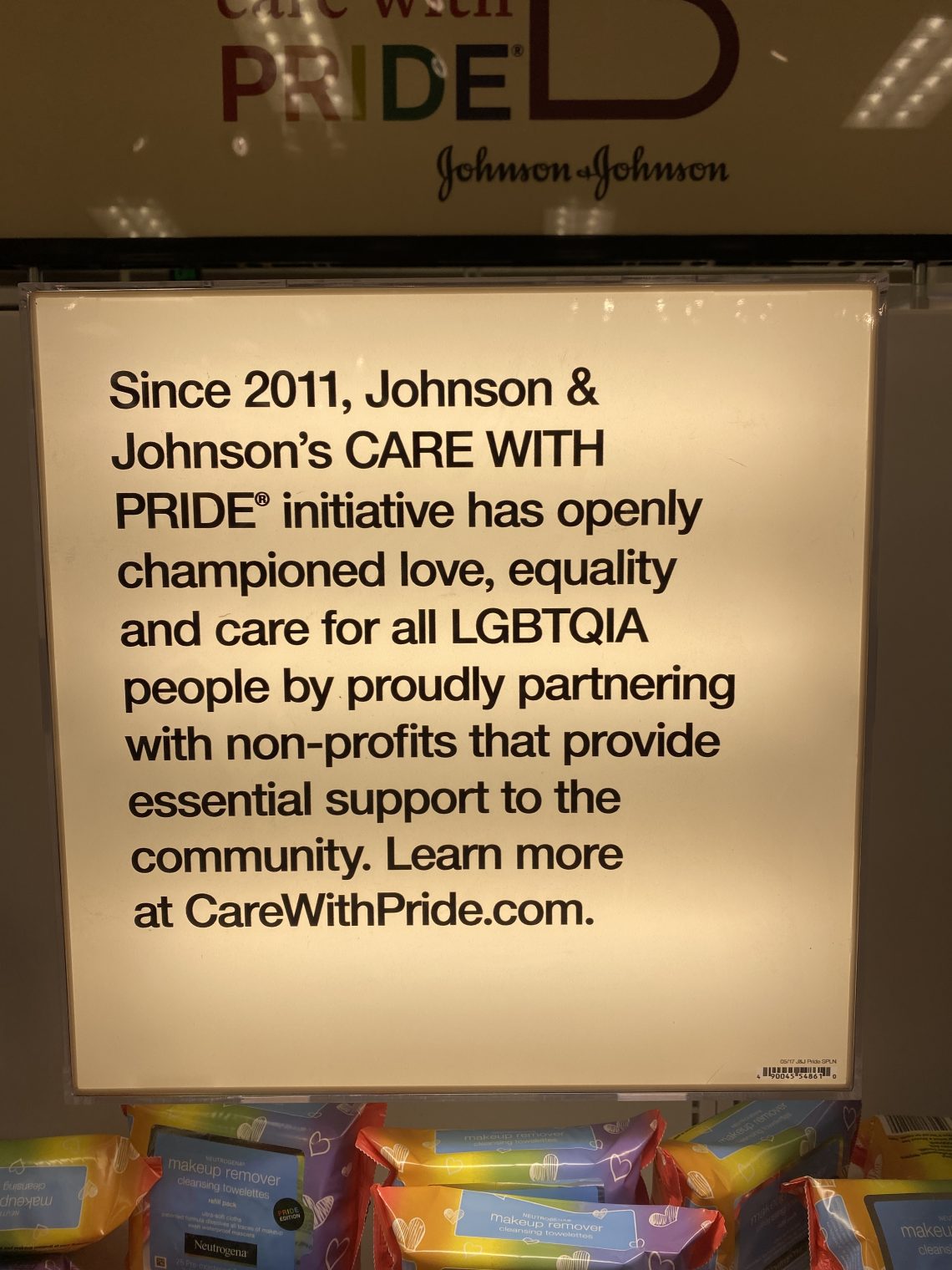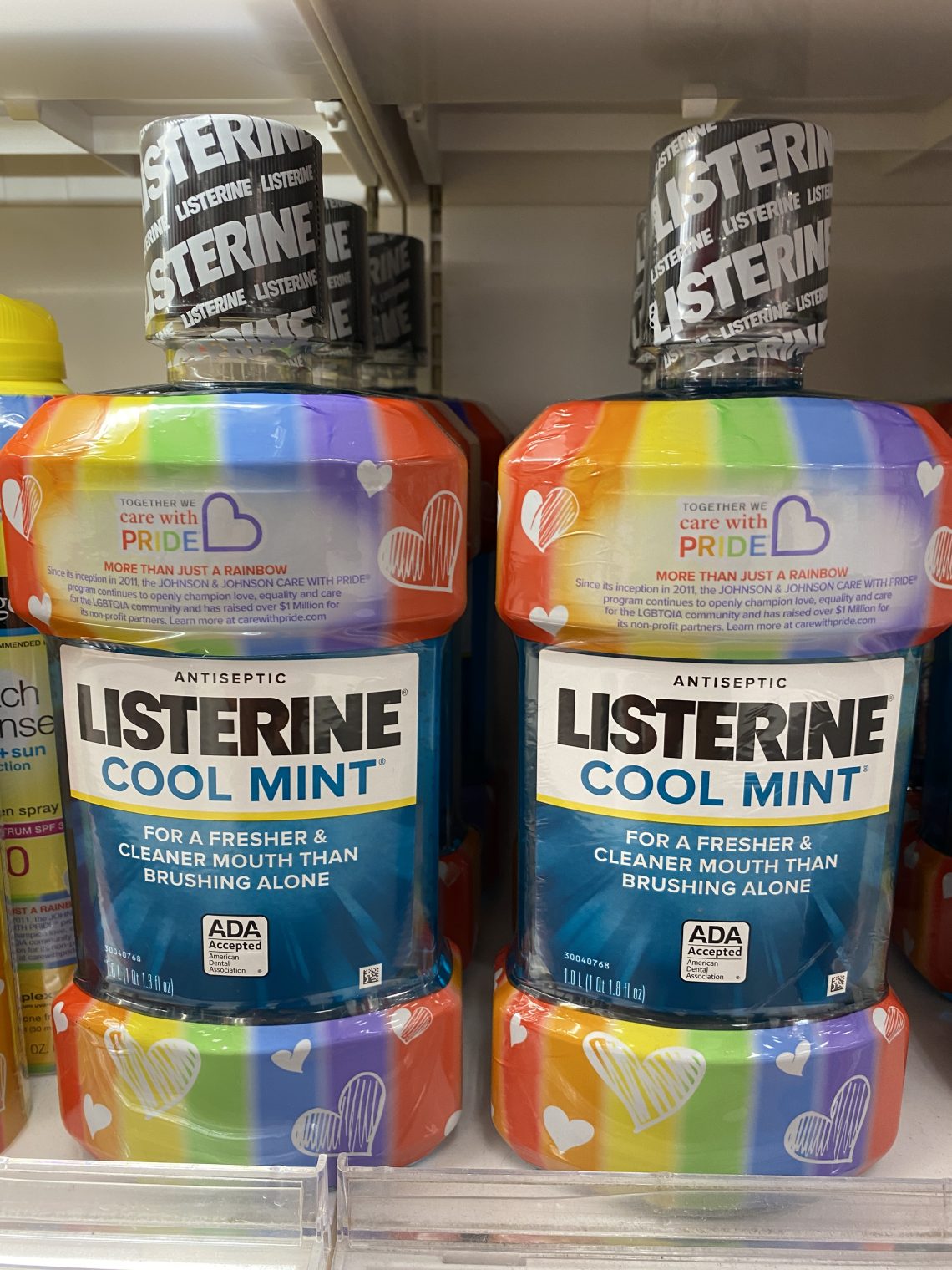Letters sent to the judge (public because they were officially filed in the case) reveal a more positive side of Elizabeth Holmes, now sentenced to serve 11 years in Federal prison (but maybe Joe Biden will pardon her?). But the letters also reveal a lot about their authors and show that Elizabeth Holmes’s capacity for self-delusion might not be unique.
From the father of her children:
Liz and I met at a friend’s Fleet Week charity event in the fall of 2017. …
When our dog Balto had been carried away by a mountain lion from our front porch Liz had faith that he could still be alive. She searched for 16 hours in brambles, and poison oak to find him. It was only once she saw his lifeless body that she could come to realize that he was gone. It crushed her.
Her selflessness knows no bounds. … So much of what has been written about Liz is untrue.
Her nightmare of being raped at Stanford was replaced by the nightmare of 12 monstrous years with Sunny which was then replaced by the nightmare of losing her life’s work and the vilification to follow. It’s been a long road of hardship for her.
Many people will make arguments that you should have leniency to ensure she can help others, to ensure she can invent great things or lift up a woman facing the unimaginable reality that she has been raped, and incarceration will limit her capacity to do those things.
From her dad:
Church was a very important part of our life together. Even that became an adventure. The priest at Holy Trinity in Washington DC conducted a children’s Mass with a little blue puppet known as Mr. Blue. We learned a lot from Mr. Blue.
We only learned of the true nature of Sunny Balwani’s abuse after she finally left him in 2016. … For us as a family, one painful lesson is how critical it is for rape and abuse victims, as well as the families of the victims, to understand how vulnerable they are to abuse and control, how that plays out over time and how to psychologically respond to that. … Elizabeth’s relationship with Mr. Balwani was not one of conspiracy as the media contended. The relationship was one of fear, control, and submission.
Personal wealth has not been a motivator for Elizabeth in her life.
From a pilot and military drone pioneer:
(For the record, I agree with Mr. Blue! It is the investors in Theranos who should be imprisoned, not the young Stanford dropout whom the investors believed was more capable than the file cabinets full of chemistry PhDs at Philips, Siemens, Roche, et al.)
From Senator Cory Booker, Democrat of New Jersey:
I knew Ms. Holmes for about six years before charges were brought against her. We first met at a public policy conference hosted by the late Senator John McCain, bonding at a dinner when we discovered we were both vegan – there was nothing to eat, and we shared a small bag of almonds. … she was not only sincere about her interests but a person who would indeed dedicate herself to making positive contributions in the world beyond her company. … I believe that Ms. Holmes has within her a sincere desire to help others, to be of meaningful service, and possesses the capacity to redeem herself.
From Timothy Draper, bigshot venture capitalist (partner more famous due to various encounters with Silicon Valley females, all of whom were having sex with a slate of other guys (when do these folks have time to work?)):
I am a venture capitalist and have been one for over 35 years. I have seen a wide variety of companies in a wide variety of industries. Some succeed and some fail. We backed Tesla, when it was just an idea on paper, agreed to an investment in Skype when it was an entirely different business than the one they ended up with, backed Baidu when no other US investor was even looking at China. When we backed Theranos, we knew it was a long shot. Elizabeth, at 19 came to us and said, “We will change health care as we know it.” She told me how passionate she was about the need for change, and said she would be making the sacrifice of dropping out of Stanford to create the business.
Now we have a horrifying situation. A potentially great entrepreneur with extraordinary vision is being condemned by society for taking that enormous risk, sacrificing everything and failing, by not properly communicating her side of the story to the public.
Elizabeth has a lot of brilliance in her. She will continue to be a positive contributor to society. Her vision for healthcare was only partially portrayed in her efforts at Theranos, and her ideas could save millions of lives over the course of the next few decades. Restraining her would be a travesty. People have asked me if I would back her again. My answer: Not as a CEO, but as an entrepreneur and Chief Science Officer, absolutely!
Who agrees with me that this Draper guy is the one who should be imprisoned? A college dropout as Chief Science Officer? “Vision” as a substitute for achievement?
Jessica Ewing, a former product manager at Google, reminds us that it is women who are the real victims:
And when I saw Elizabeth do that, I questioned my own life. What was I doing with my time, why couldn’t I do something at a larger scale that helped more people? Elizabeth inspired me to start my own company, Literati, which helps kids find books and become stronger readers. We all need heroes that look like us.
(Speaking for myself, it would be a challenge to regard anyone who looked like me as a hero.)
Speaking as a woman who has raised $60M in venture capital, I can confirm it is not easy. It is not easy for anyone, but I feel it’s worth noting that approximately 3% of venture capital goes to women CEOs.
$60 million in capital for a kids’ book club service?!? The home page shows that they send out Women Who Dared, a book that is available for free in our kids’ book club service, a.k.a. The Palm Beach County Public Library. How are the investors ever going to get a return from this when the competition is funded by an infinite river of property taxes?
Note the contempt by this elite feminist for “the masses”:
I’m not sure what actual purpose decades in prison would serve Elizabeth. She is not a threat to society and does not require further rehabilitation. She has already lost her net worth, has been mocked, ridiculed, and has seen her genuine effort to achieve her soul’s highest purpose turned into home entertainment for the masses. In short, I believe my friend has suffered enough for her sins, and putting her away would effectively do nothing but discourage more women from starting businesses…
(The lowest risk and highest return business for a young woman to start in California involves meeting with venture capitalists, but no pitch deck is required. See Litigious Minds Think Alike: Divorce litigators react to the Ellen Pao v. Kleiner Perkins lawsuit for a calculation of the child support profits available by formula under California law.)
Jimmy Carter’s Director of the CDC weighs in. Just as today’s CDC figured out that cloth masks and bandanas were effective PPE against an aerosol virus, such that vulnerable people could feel free to leave their COVID-safe homes, yesterday’s CDC figured out that the best place to look for scientific knowledge is not among those who actually studied science, e.g., by going to grad school in science and then working as a post-doc:
I was impressed by her scientific knowledge… Ms. Holmes has scientific gifts …
He ultimately joined what he refers to as Theranos’s “Board”. I’m not sure if this was a medical advisory board or the corporate board. Either way, I think that he is more deserving of prison than Holmes.
More on the subject of why women have to lead differently, stretching the truth as necessary:
A couple of letters down, Andrew Goldberg agrees that “It’s incredibly difficult to be a startup founder, let alone a female startup founder.” How does Andrew know? He/she/ze/they was originally Angelina Goldberg and switched to a male-sounding name in order to escape prejudice?
A woman who knew Holmes as a Stanford undergraduate writes “my own experiences had led me to believe that the justice system favored men” (94 percent of Californians collecting child support, i.e., the victors of the winner-take-all family court system in that state, identify as women in Census data (source)). She reminds us of who the real criminal in U.S. society is: “we have seen our democracy nearly overthrown”.
It is almost impossible for a woman to get ahead, writes Genta H. Holmes, Bill Clinton’s U.S. Ambassador to Australia:
She contradicts my theory that the real villains of the story are the professional investors. In fact, it is “social media” that we should blame:
Scanning through the 281 pages of letters, the overall portrait is of a deluded person and the authors of the letters show that delusion is an all too common human trait. Even after the exposure of Theranos in Bad Blood, the letter authors haven’t processed that the person with no scientific or engineering training was not and is not on track to make a scientific/engineering difference to the 8 billion humans who infest what used to be a great planet.
Retail investors weren’t harmed by the Theranos fraud. I’m not sure that patients were harmed by the Theranos fraud, other than being worried for a few days in between a Theranos test and an accurate blood test. I guess the 11-year sentence has to be understood also in the context of Holmes’s refusal to plead guilty. The whole criminal justice system is set up with long sentences for those who insist on rolling the dice at trial, thus forcing the government to work. The idea is that the accused will plead guilty and receive what used to be the standard sentence for someone who had been convicted at trial. Holmes will thus serve 3 years for what she did at Theranos and 8 years for trying and failing to pin all of the blame on Sunny Balwani, the old guy with $40+ million with whom she was having sex.
Related:

















